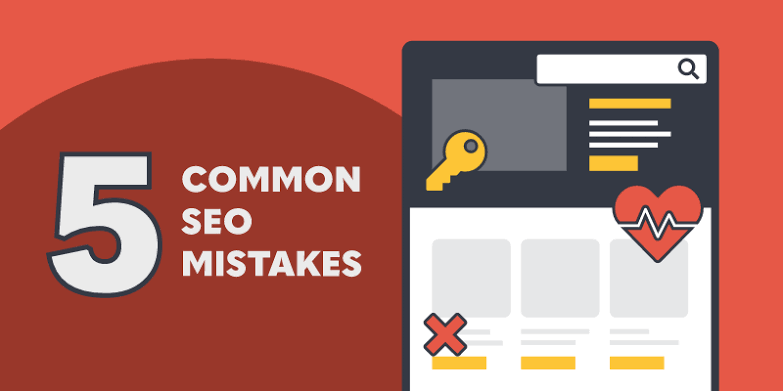
Keywords in digital marketing are the words your audience types into Google when they need answers, products, or services. If you’ve ever wondered why some websites pop up at the top of search results while others disappear into obscurity, it all comes down to how well they use keywords. Today, we will discuss why these tiny terms matter so much and how you can maximise their power to boost your online presence.
What Are Keywords in Digital Marketing?
At their core, keywords in digital marketing are specific words and phrases that people enter into search engines. Think of them as the bridge between what your target audience is looking for and the content you offer. When you optimise your blog posts, landing pages, or ads with the right keywords, search engines like Google can better understand your content and show it to users actively searching for those exact terms. Therefore, the better the match between your keywords and a user’s search query, the higher your page ranks, which means more traffic and, ultimately, more conversions.
How Keywords in Digital Marketing Shape Your Strategy
Understanding the concept is one thing, but putting it into action is where the magic happens.
Boosting SEO with Keywords in Digital Marketing
Search Engine Optimization (SEO) is all about being discovered when it matters most. By conducting keyword research, you uncover the exact phrases your audience uses. When you weave these keywords naturally into your titles, headings, and body copy, you signal to search engines that your content is relevant. And this means that yu receive better rankings, more clicks, and a steady stream of organic visitors.
Targeted Content Creation Through Keywords in Digital Marketing
Have you ever felt like you’re shouting into the void when publishing a blog post? Well, that is why you need keywords. Firstly, keywords bring focus. If your research shows that people are searching for “affordable vegan recipes,” you can create an article that answers that specific query. You’ll connect directly with an audience that’s already interested, meaning higher engagement and more loyal readers who keep coming back for more.
Maximizing Ad Performance with Keywords in Digital Marketing
In paid advertising, the right keywords in digital marketing help you reach users ready to take action. When someone searches for “best noise-cancelling headphones,” you want your ad to appear instantly. Bidding on these targeted keywords ensures your ad budget isn’t wasted on irrelevant clicks, and it boosts your quality score, thereby lowering costs and improving ad placement.
Enhancing User Experience with Keywords in Digital Marketing
Keywords do more than win you traffic; they guide users to exactly what they want. When visitors find content that matches their search intent, they stay longer, explore deeper, and are more likely to convert. This positive behaviour signals to search engines that your site delivers value, helping you climb even higher in the search results.
Are you ready to Level Up Your Keyword Game?
By now, you can see that keywords in digital marketing aren’t just jargon; they’re powerful tools that can make or break your online strategy. If you want to see real improvements in traffic, engagement, and sales, it’s time to roll up your sleeves and dive into smart keyword practices. Keep reading for simple steps you can start using today!

Simple Steps to Mastering Keywords in Digital Marketing
- Conduct Thorough Research: Learn to use tools like Google Keyword Planner or SEMrush to find relevant search terms. Look for a mix of high-volume head terms and long-tail keywords that capture specific user intent.
- Analyze Competitor Keywords: Study what your competitors rank for. This gives you an insight into gaps you can fill and keywords you can target to gain a competitive edge.
- Map Keywords to Content: Ensure you assign each keyword to a specific page or blog post. Avoid keyword cannibalisation by ensuring each page targets unique terms.
- Optimize On-Page Elements: Place your primary keyword in the title tag, H1 heading, URL, meta description, and naturally throughout the content. Don’t overstuff or overcrowd your content with keywords.
- Monitor and Refine: Finally, track keyword rankings, traffic, and conversions using analytics tools. Then, adjust your strategy based on performance, drop underperforming keywords, and double down on what works.
Conclusion
You cannot deny the fact that online marketing feels like a moving target. But one thing hasn’t changed: keywords in digital marketing are still one of the most powerful tools you can use to get noticed. When you know how to find the right keywords, use them in the right places, and keep track of how they’re performing, you’re not just guessing anymore; you’re creating content that shows up exactly when your audience needs it.
So don’t wait around hoping people will stumble across your website. Start digging into keyword ideas, update your content with purpose, and watch your traffic (and business) start to grow.














